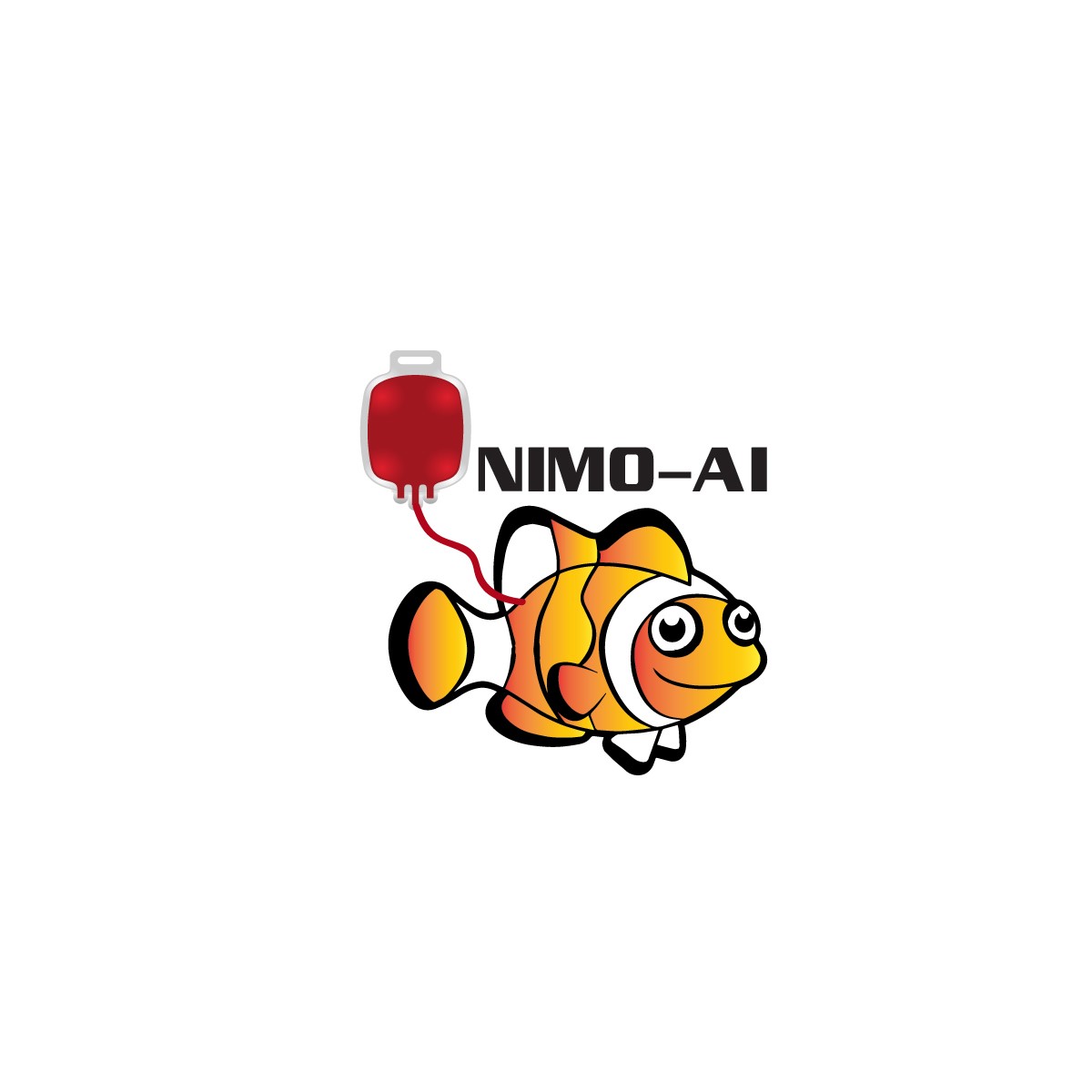Dr Maria Saito Benz, is currently working on her PhD under the supervision of Dr Max Berry in the Wellington NICU. The first part of her PhD thesis has been the NIMO-AI study (Near Infrared spectroscopy for Monitoring brain Oxygenation in Anaemic premature Infants) the first of their ‘NIMO’ series.
Maria recently attended the Perinatal Society of Australia & New Zealand’s annual scientific meeting where she was awarded the New Investigator Award for Neonatology for a superb presentation describing NIMO-AI and her results to date! This is a huge achievement for Maria and the wonderful research work being undertaken.
We know that without the support of Wellington NICU staff and families projects like this just wouldn’t be possible. We’d like to extend a huge thank you to the babies, families, whanau and staff of Wellington NICU; your help is invaluable!
* This research uses the bioamplifier that was purchased due to The Little Miracles Trusts’ support from ICAP. You can read about this great support here.
* Also, the data is captured using specialist NIRS probes (that can only be used once) purchased with the support from PwC and NZFMA
Overview of NIMO-AI
 In brief, ensuring adequate oxygen is delivered to the brains of preterm-born infants is essential for normal brain growth and development. When infants become anaemic, an almost inevitable consequence of preterm birth, it’s standard practice to transfuse them with donor red blood cells to try and improve tissue oxygenation. Transfusion is also thought to improve the cardio-respiratory instability (“Apnoeas and Bradys”) often found in anaemic infants. However, despite this being a standard component of neonatal care, the absolute threshold for transfusion remains unclear.
In brief, ensuring adequate oxygen is delivered to the brains of preterm-born infants is essential for normal brain growth and development. When infants become anaemic, an almost inevitable consequence of preterm birth, it’s standard practice to transfuse them with donor red blood cells to try and improve tissue oxygenation. Transfusion is also thought to improve the cardio-respiratory instability (“Apnoeas and Bradys”) often found in anaemic infants. However, despite this being a standard component of neonatal care, the absolute threshold for transfusion remains unclear.
The research is seeking to provide a robust evidence base that will inform transfusion practice for neonatologists, wherever they work.
To learn more about the NIMO-AI study, you can read this earlier article.

